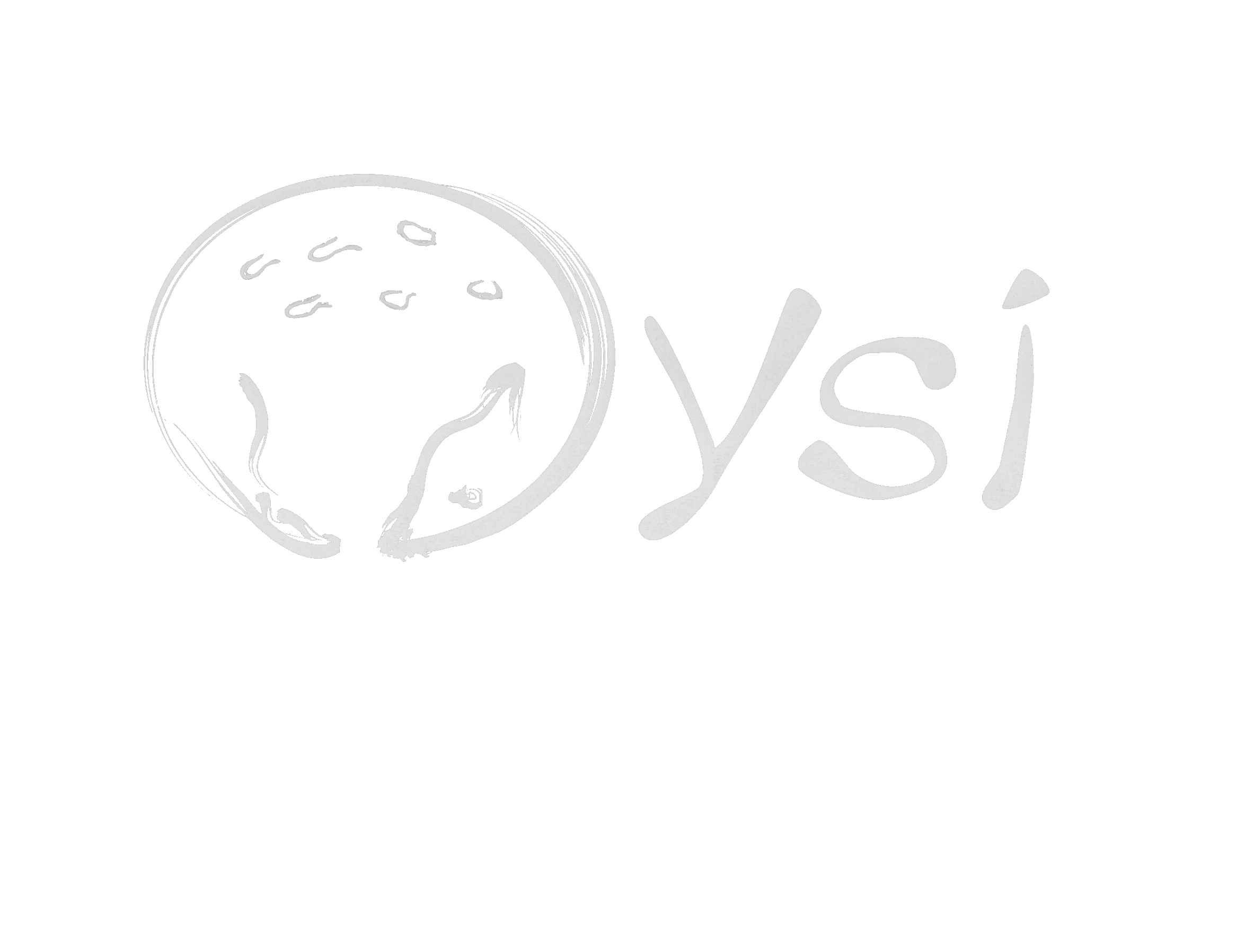Domingo Pontigo is a renowned Chilean poet and folk singer. He regularly participates in meetings of poets, novenas and rounds of payadores, and also gives workshops on singing as a poet in various localities, an activity through which he seeks "that tradition never dies, because it is part of our identity". Although he started in the popular poetry through the song to the divine, his current production includes manifestations of the song to the human, cuecas, tonadas, payas and toasts.
He was born on November 26, 1939 in the area of San Pedro, Melipilla. He grew up in the Fundo Palqui and at the age of six he began to sing in the Novenas that were celebrated in the surroundings. A couple of years later he began writing verses under the guidance of Juan Araya, a worker at the farm where he lived. Later he was taught by Abel Fuenzalida, an outstanding local popular poet. His mother, Valentina Meléndez, was a seasoned cuequera and one of his first teachers. With her he began to play guitar and got to know the Lira Popular, and one of his brothers was the one who taught him the rules of popular singing. Pontigo actively participated in the "paya renaissance", a phenomenon that originated in the meetings organized by Radio Serrano de Melipilla in 1962.
Much of his work is aimed at the dissemination of popular poetry. Since his beginnings as a singer, he decided to record his interpretations in order to make this cultural expression known to the public. He has participated in countless meetings, contests and championships, among which stand out the National Contest of Popular Poets organized by the University of Chile in 1964 and the First National Meeting of Payadores in 1965, as well as the Contest for Human Rights organized by the Vicariate of Solidarity in 1978, where he won first place. He has also performed in radio and television programs. In 2010 he was recognized by the National Council for Culture and the Arts as a "Living Human Treasure".
Domingo Pontigo is one of the popular poets with the greatest written production. The Oral Literature and Popular Traditions Archive of the National Library holds a collection of approximately eighty manuscript notebooks, some of which are more than sixty years old. In addition, his writings have been published in Historia Sagrada en Décimas" (1984), El Paraíso de América (1990), Socios para nuestra tradición (2004) and Las Dulces Picardías de un Poeta. Versos por Travesura del Poeta Popular Domingo Pontigo (2011).

